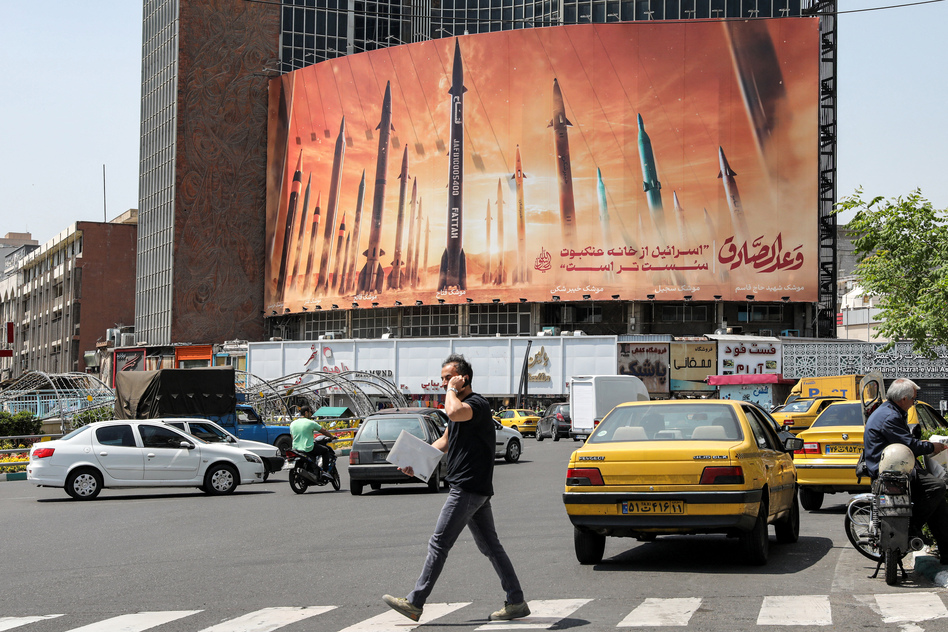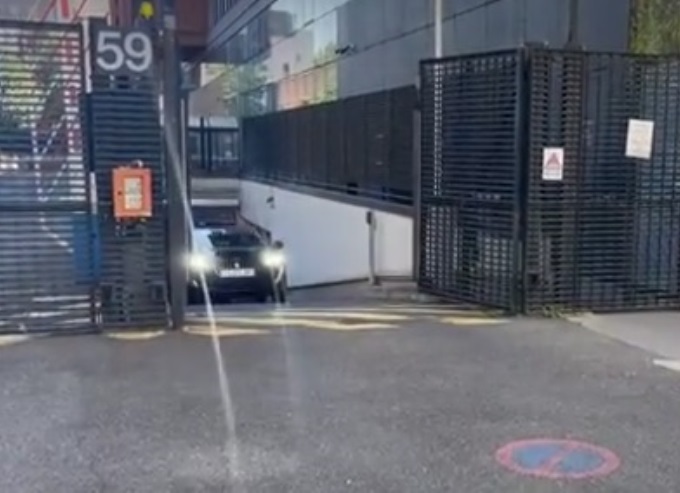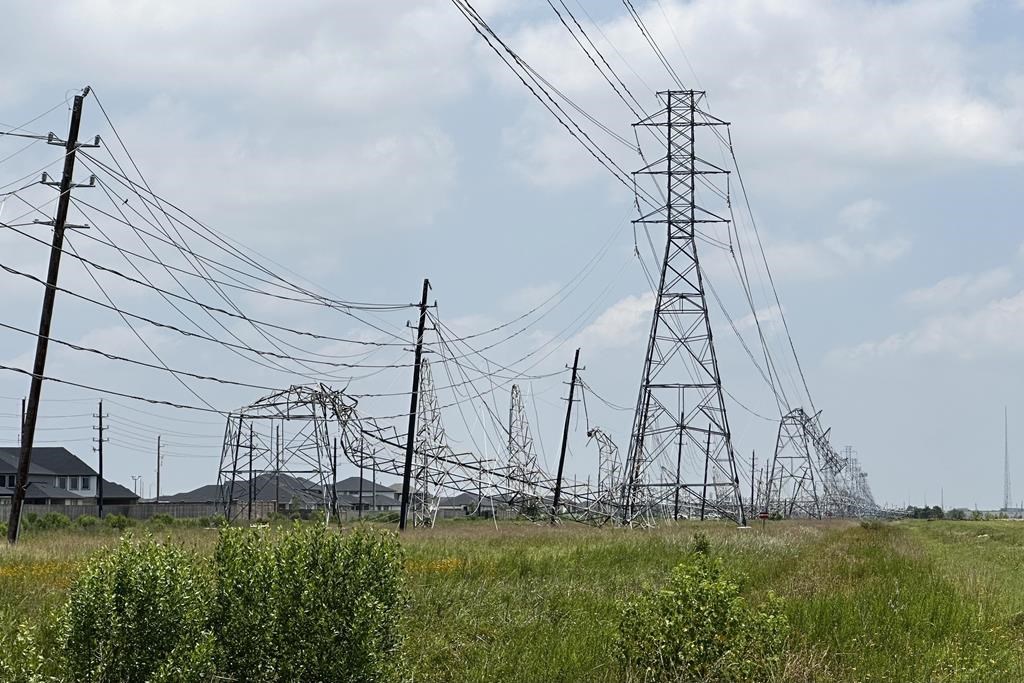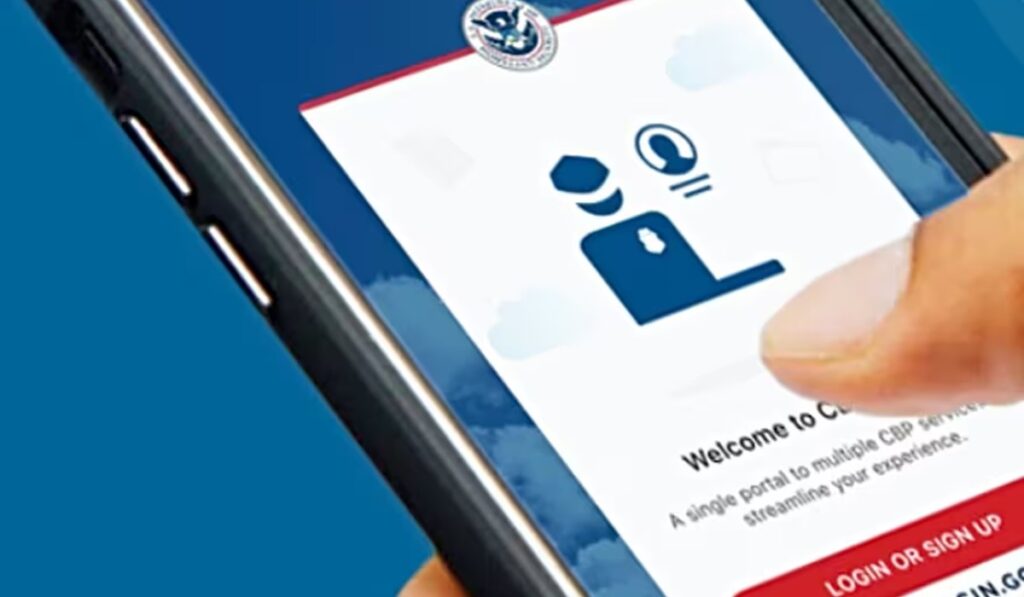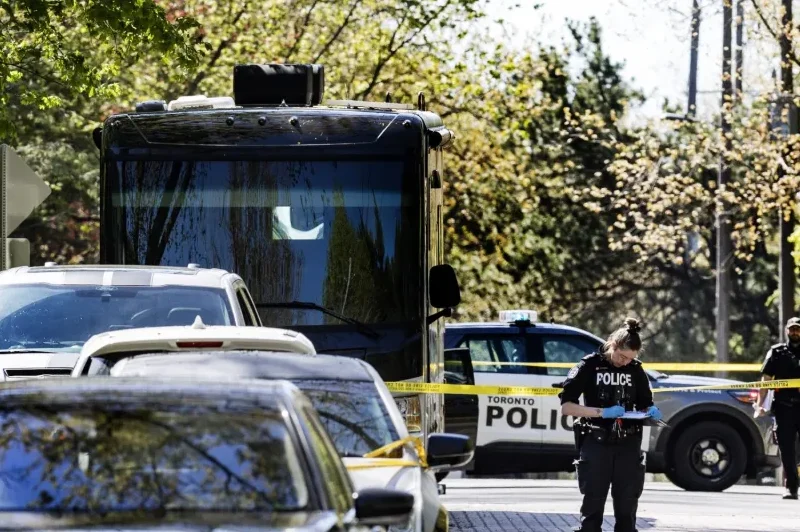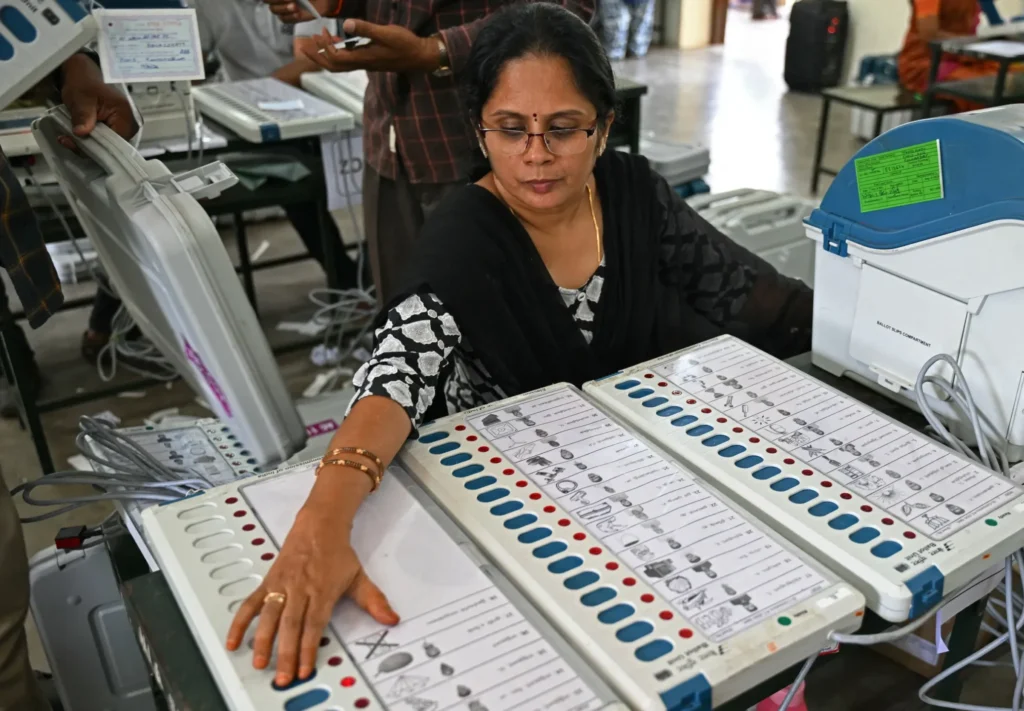Israel attacked Iran but there was no severe damage
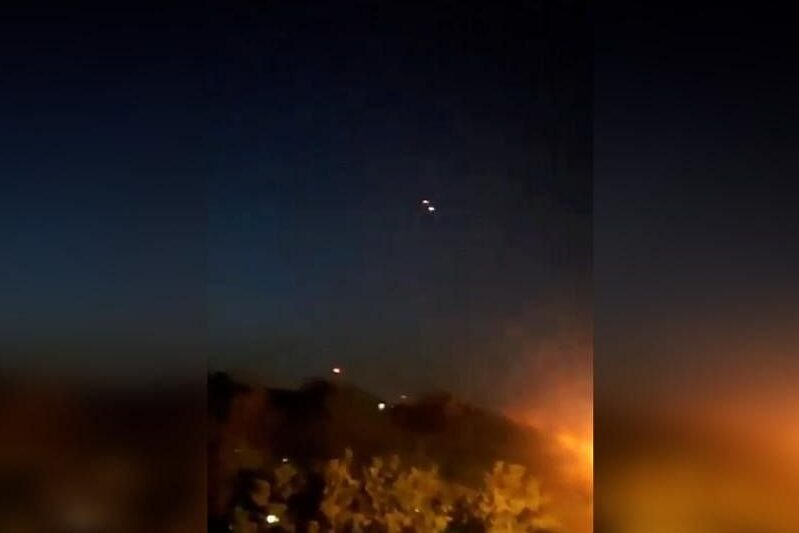
After several rumors, it was finally confirmed that Israel attacked Iran, and it was a limited drone and missile strike on the city.
According to reports, Israel anticipated to the United States its limited strike against Iran with drones and missiles.
Thus, Israel attacked Iran, but would not have caused civilian casualties or damage to facilities considered key to Tehran.
The White House and the G7 urged to avoid a worsening of the Middle East crisis, but do not rule out in time a retaliation from the Iranian government.
“I’m not going to talk about that, except to say that the United States has not been involved in any offensive operation,” Secretary of State Antony Blinken said when asked about whether Israel attacked Iran.
Similarly, he added during a press conference at the G7 summit in Capri, Italy, “All I can say is that on our side and on the G7 as a whole, our focus has been on reducing tensions and avoiding a major conflict.”.
Despite Blinken’s caution to reporters, Italian Chancellor Antonio Tajani confirmed a key piece of information Infobae had from the White House. “At the last minute, Israel informed the U.S.,” Tajani said.
READ MORE: THE LARGEST GOLD THEFT IN CANADA: ARRESTED.
Information gathered from the West Wing of the White House and the State Department assures that the limited attack focused on military targets near the city of Isfahan, which has plants dedicated to developing Iran’s nuclear career.
Spokespersons consulted in the Democratic administration stated that there was no damage to those facilities linked to the Iranian nuclear project.

Israel attacked Iran but there was no severe damage or casualties
In turn, the International Atomic Energy Agency, on its official X account (formerly Twitter) posted the following official communication:
“The IAEA can confirm that there is no damage to Iran’s nuclear facilities. Director General Rafael Grossi continues to call on everyone for extreme restraint and reiterates that nuclear facilities should never be a target in military conflicts. The IAEA is following the situation very closely.”
Unlike other traumatic events in the Middle East – the Hamas terrorist attack on Israel or the Israeli retaliation on the Iranian consulate in Syria – there were no repercussions in the local media, which usually boost the political reactions of Israeli Prime Minister Benjamin Netanyahu and Iranian President Ebrahim Raisi.
In both cases, Israeli and Iranian television reduced the news of the limited attack on Isfahan to a minimum.
In fact, as to whether Israel attacked Iran, the White House assures that Israel attacked other Iranian cities, but that this information is a state secret that will only be leaked to the media with the authorization of Jerusalem.
Although the strategies of the protagonists in the conflict aim at lowering the tone of the confrontation, Israel and Iran are irreconcilable enemies with open fronts in Gaza and the southern border of Lebanon.
Hamas is resisting a cease-fire to free the hostages it is holding captive in the Strip, while Hezbollah is attacking northern Israel every day with missiles delivered by Iran.
While awaiting a response from Iran, the United States and the G7 continue to define the next trade sanctions against the government of Tehran. During the Capri summit, Blinken and his colleagues from Canada, France, Germany, Italy, Japan and the United Kingdom agreed to set new export limits to prevent Tehran from accessing key parts to manufacture its drones – which it sells to Russia – and its missiles delivered to Hezbollah in Lebanon.
